The prophet is appointed to oppose the kind, and even more: history
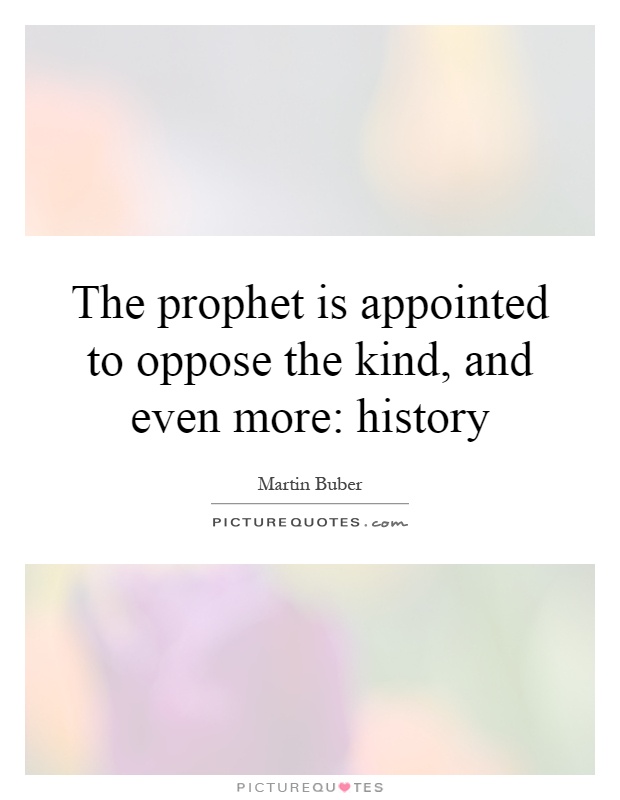
The prophet is appointed to oppose the kind, and even more: history
In the context of Martin Buber's philosophy, the idea that the prophet is appointed to oppose the kind, and even more: history, holds significant meaning. Buber, a Jewish philosopher and theologian, believed in the importance of the prophetic voice in challenging the status quo and calling people to a higher moral standard. He saw the prophet as a figure who stood outside of society, speaking truth to power and challenging the prevailing norms and values of the time.Buber believed that the prophet's role was not just to oppose the kind, or the established order, but to also challenge history itself. By this, he meant that the prophet's message was not just a critique of the present, but a call to transform the future. The prophet's words were meant to disrupt the linear progression of history and open up new possibilities for human existence.
Buber's understanding of the prophet as a figure who opposes the kind and history is rooted in his belief in the power of dialogue and relationship. He saw the prophet as someone who was in constant dialogue with both God and humanity, seeking to bring about a deeper understanding of the divine and a more just and compassionate society.
For Buber, the prophet's opposition to the kind and history was not just a rejection of the past, but a call to create a new way of being in the world. The prophet's message was one of hope and possibility, challenging people to imagine a different future and to work towards its realization.
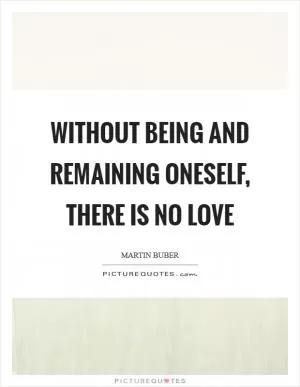
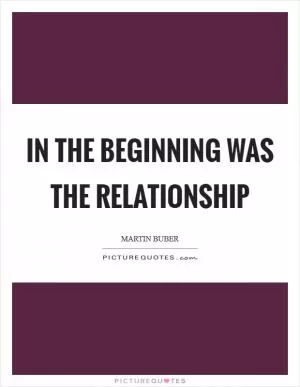

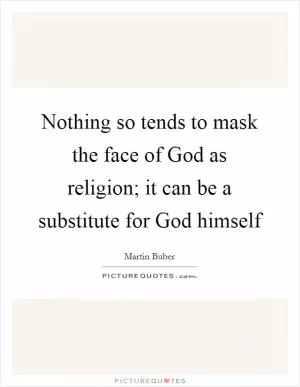
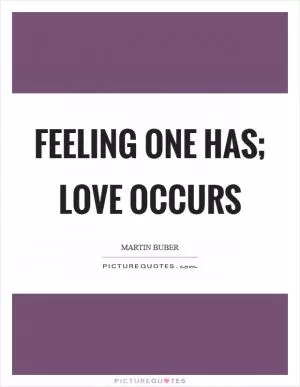
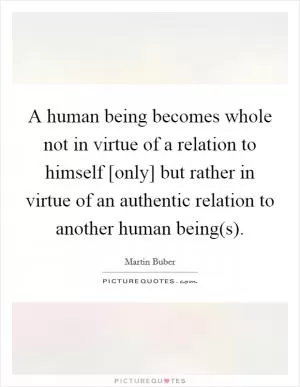
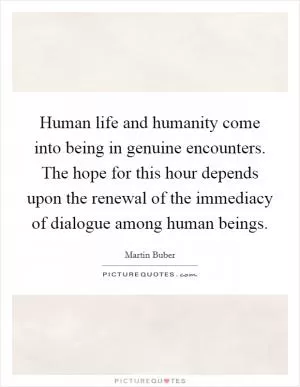

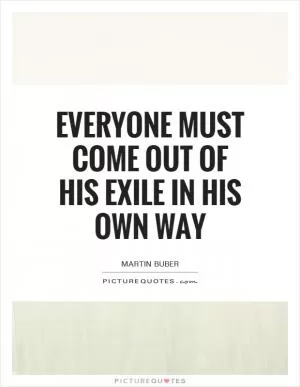

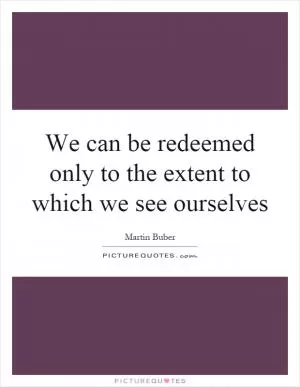

 Friendship Quotes
Friendship Quotes Love Quotes
Love Quotes Life Quotes
Life Quotes Funny Quotes
Funny Quotes Motivational Quotes
Motivational Quotes Inspirational Quotes
Inspirational Quotes